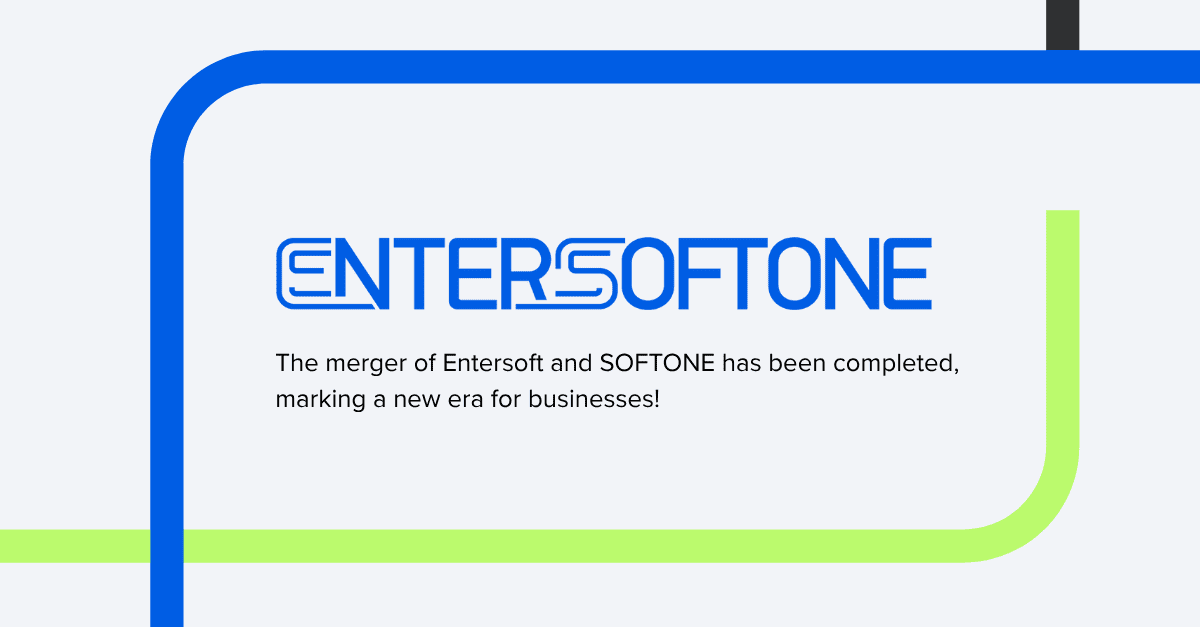Share
Read also

News & Events
ENTERSOFTONE: The merger of Entersoft and SOFTONE has been completed, creating the largest provider of business software products and services in Greece and Southeast Europe.

Mobility
Outlook for the BYOD and EM market from 2025 to 2035

Cloud
The Cloud CRM market will see impressive growth by 2033

Mobility
Key trends in Sales Force Automation
We all know that AI is already here, although still at an early stage, and we cannot predict its exact impact on the various sectors. One of the areas bound to be affected though, is certainly ERP technology. Where and how will artificial intelligence be integrated and affect businesses using ERP systems?
Dynamic workflows
As artificial intelligence technology learns how both businesses and individuals interact with the system on a daily basis, ERP solutions will go even further and suggest ways to optimize the system to everyone’s benefit.
For example, after learning repetitive patterns, ERP will be able to self-tune in order to minimize manual work, creating automated tasks and even configuring the interface to suit the users’ habits. As a result, people’s creativity will be freed through the automation of processes.
More effective insights
In the past, businesses had to go to great lengths in order to collect data and present predictive insights on specific results. Artificial Intelligence will change and improve ERP in this regard as well, not only by simplifying data collection, but also by analyzing this data and identifying trends even more efficiently than any specialized team of data analysts could.
After all, no data-based enterprise could have a sufficient number of analysts to deal with all the scenarios based on which predictive analytics can produce results. Artificial intelligence will allow businesses to further expand the existing insights and reveal new ones, using mechanical learning and adaptive modeling, in ways that no team of analysts -no matter how big- could ever do. And of course, as a result, these insights will be used even more easily throughout the business.
Performance monitoring
Artificial intelligence will also improve the way human resources managers use the company’s ERP system. In particular, ERP will be able to rectify a significant number of injustices that inevitably occur in businesses now. For example, a salesperson will not be considered a “high-performance” employee anymore, if executives know that the conditional probability of landing a lead in a particular area is too high.
Thanks to AI, human resources managers will also be able to assess the complicated cause-and-effect relationship in the working environment even more effectively, thus deducing how employeeσ make a positive or negative contribution to the business through their work.
This level of insight for performance monitoring purposes may sound excessive to some, and in some cases, it may be so. On the other hand, it offers enormous opportunities to the employees who actually contribute to their company, and are willing and skilled enough to evolve on a professional level.







